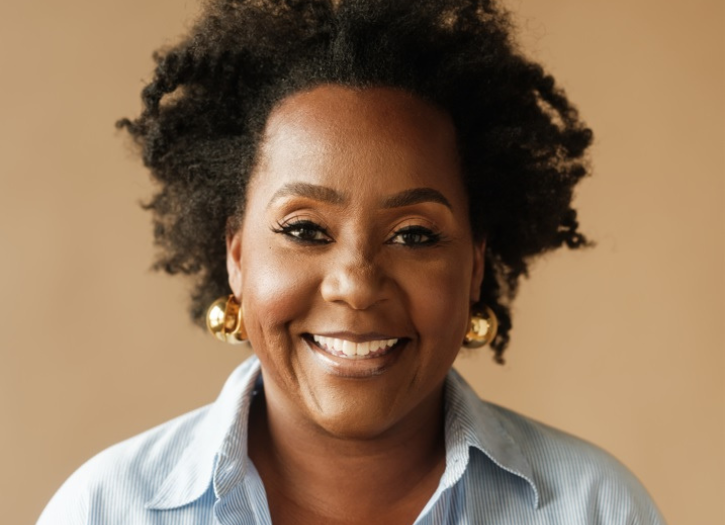How has your story motivated you on days when there seems to be nothing to keep you going?
On days when I need inspiration, I take a moment to reflect on our work. At Southern Black Girls and Women’s Consortium (Southern Black Girls), we fund Black Girl Joy. We welcome girls/femmes and young women ages 12-24 who can describe their ideas for spreading JOY with their friends, families, and communities to apply for a $550 challenge award through the #BGJ Challenge. Through these projects, I learn how our ecosystem of activists and philanthropists can focus our efforts and resources on changing the world for Black Girls. #BlackGirlJoy Challenge winners spread joy through Education & Literacy, Family & Faith, Food/Meals or Self-care /hygiene. Challenge winners defined their version of joy and then had the resources to invest in that joy.
In what ways, if any, did you have to pivot to ensure your vision was well executed?
After learning from the 2015 report Unequal Lives: The State of Black Women and Families in the Rural South that less than 1 percent of the $4.8 billion philanthropic investments allocated to the South were focused on programs focused on Black women and girls, a commitment to correct this disinvestment was born. Because Southern Black girls and women are often overlooked, we understood that traditional philanthropy may not prioritize the needs of Southern Black women. Southern Black Girls was created to attract and aggregate new investment to the South. Our model centers Black girls and women to to improve the quality of our lives for our communities and ourselves. At Southern Black Girls we believe if you change the world for a Black girl you change the world. Our ecosystem of activists and philanthropists channel greater resources to underfunded Black women-led organizations that intentionally support and empower Black girls and women across 13 southeastern states. Our vision is not only for the benefit of Black girls and women, or the benefit of the South, but a vision that extends to the world.
How do you showcase the empowerment of Women’s History Month every day?
Our ecosystem includes more than 900 Black women-led organizations. We routinely feature the accomplishments of Black women-led organizations. Grantee partners of Southern Black Girls have delivered direct services such as tutoring, expanded access to mental health care, after school programs, financial capability training and so much more to over 300,000 girls over the past four years.
Who are some lesser-known female entrepreneurs from history that you admire and believe deserve more recognition?
I am ever grateful for Edna Lewis’ contribution to Southern African American foodways. Edna Lewis is a chef, caterer, and culinary teacher who introduced the world to authentic Southern cooking and the Black roots of American cuisine.
Reflecting on your own experiences, what are some effective ways that male allies have supported you in your career journey?
Throughout my career, male mentors have offered me guidance, wisdom, support, and love. In fact, I may not have even had a career at all if it had not been for my mentor’s insistence that I stand in my intelligence and lead. Southern Black Girls care for our fathers, brothers, uncles, sons, and husbands, and they care for us. I like many Southern Black Girls am equally concerned about our communities, our families, and our economic futures. The men who advocate for the well-being of women are equal partners in the work to improve the South and to improve outcomes for women.
How do you strike a balance between ambition and self-care as a woman in a demanding business environment?
My ambitions drive me toward the betterment of the Black community. Throughout my career I’ve been blessed to distribute millions in resources and funding to communities nationwide. This work can be all consuming. I find balance in my family and friends.
Photo Credits: Andrew Thomas Clifton








Add Comment